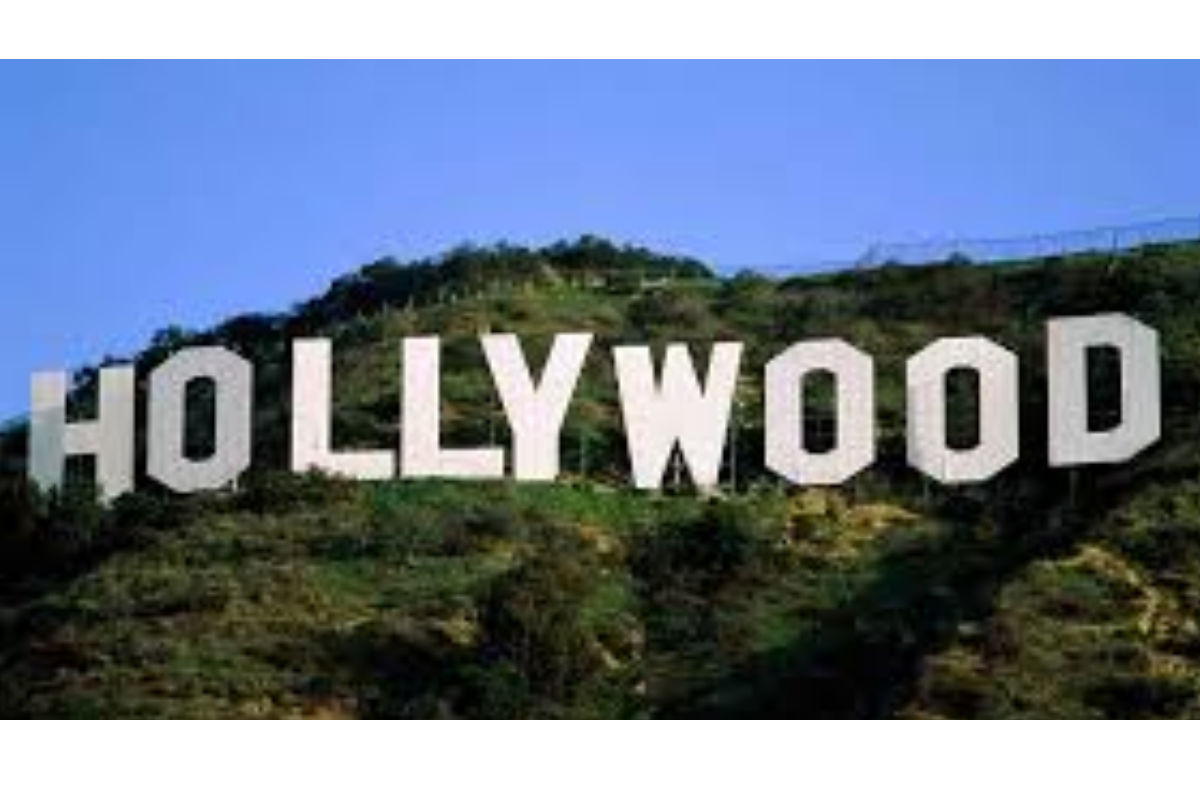7 Science fiction movies on Netflix to make your weekend exciting
Weekends are about having fun, blasting and doing exciting things. Everyone, whether a student or working professional, is waiting for…

The Worst Movie Directors of All Time
Movies are one of the most dependable sources of entertainment for the ages. They not only entertain the audience but also narrate the societal issues with stories that inspire the generations. We as viewers generally think that actors are the ones who play an important role to turn a story into a blockbuster. However, it is always the director who gives their all to make a film that is going to be a crowd puller. The entertainment industry sees many legendary directors like Steven Spielberg, Martin Charles Scorsese, Woody Allen, etc. It also witnessed the direction of some of the worst movie directors. In this article we take a closer look at the worst movie directors of all time.
Michael Bay, who has made a multimillion-dollar career out of his passion for explosives and extravagant action, has directed a number of highly successful but critically acclaimed action films. For example, some viewers believe Transformers to be fresh, while critiques criticize the movie. The same is true of the military action thriller 13 Hours. The movie received an 82% rating from viewers compared to 51% from critics. Similar disparities in audience and critical scores, seen in Bad Boys, Pearl Harbor, and Armageddon. Which fills his name in the list of the worst movie directors of all time.
Neil was among the worst movie directors of all time. Since he has said that he does not wish to be a member of the “Hollywood insider’s group,” he purposefully produces independent films. All of his independent films were self-financed, written, directed, edited, and starring him. Most people think that Neil Breen’s films are extremely awful and amateurish because of their low production value and subpar acting, screenplay, and editing. Breen most certainly became highly famous because of this impression.
Scott Shaw was born in Hollywood, California, the global hub of filmmaking, although he spent the first few years of his childhood in South Los Angeles. After that, he spent his teenage years back in Hollywood. Based on what he refers to as Zen Filmmaking, Shaw has produced a number of feature films, music videos, and documentaries. This type of free-form filmmaking is intended to encourage the director to use impromptu inspiration rather than a planned plot. He is also considered the worst movie director of all time.
Uwe Boll, the director of numerous certified Rotten game adaptations, including Far Cry, BloodRayne, Postal, and In the Name of the King, is responsible for a significant portion of the worst video game films. He made the 9 worst movies, some with ratings as low as 1% (Alone in the Dark) and 3% (House of the Dead). Boll, a self-described film genius, came under fire for drastically altering the plot and aesthetic of his original work. The same reaction has been shown to his original works, such as Heart of America, Seed, and Rampage. According to Wired, audiences have even started petitions to prevent him from directing any more.
Steven Brill began his career as an actor before switching to directing. The summer camp comedy Heavyweights, which he directed for the first time, has an audience score of 77%, compared to 29% for the reviewers. Additionally, Brill is the genius behind some of the worst Adam Sandler films, such as the comedian’s Netflix productions of Sandy Wexler, Hubie Halloween, and The Do Over. Other Brill films that had such a bad reception include the appropriately named Walk of Shame, starring Elizabeth Banks; Drillbit Taylor, a coming-of-age comedy starring Owen Wilson; and a part on the infamous anthology Movie 43.
While filmmaking is a collaborative effort, the director holds the creative reins and with that, the responsibility for a film’s success or failure. The directors listed above may have achieved a certain level of fame, but often for the wrong reasons. Whether due to questionable creative choices, poor storytelling, or an overall lack of cinematic polish, their work has left a lasting impression—just not the kind most filmmakers strive for. As audiences continue to evolve, so do expectations, making it all the more important for directors to rise to the challenge, not fall beneath it.
Advertisement